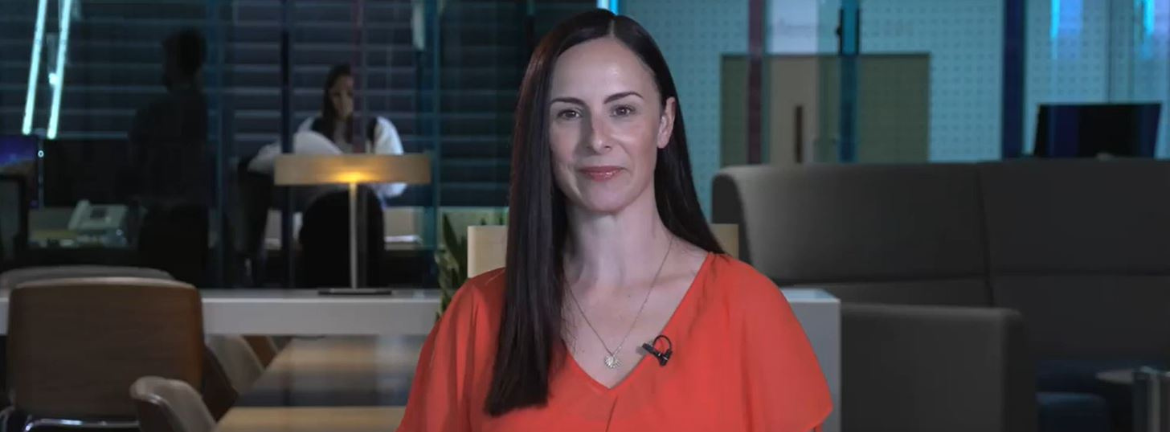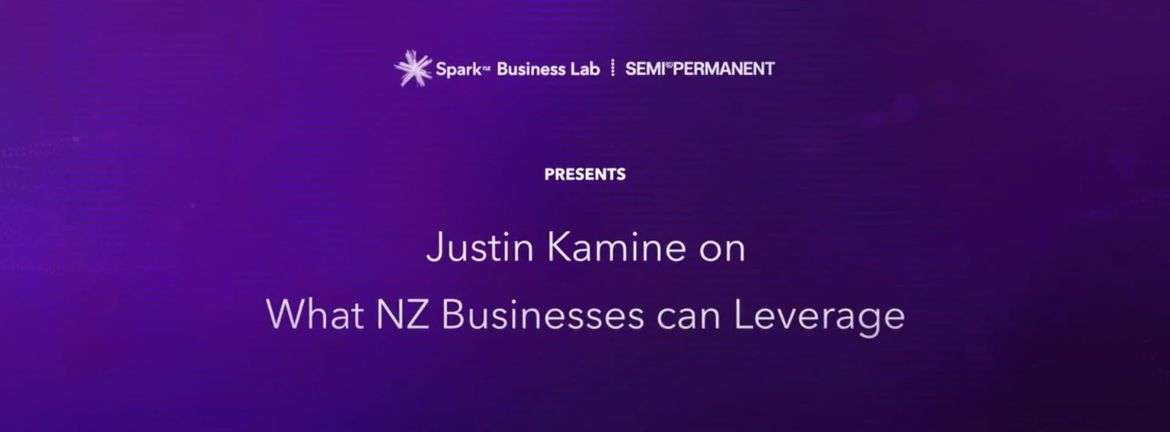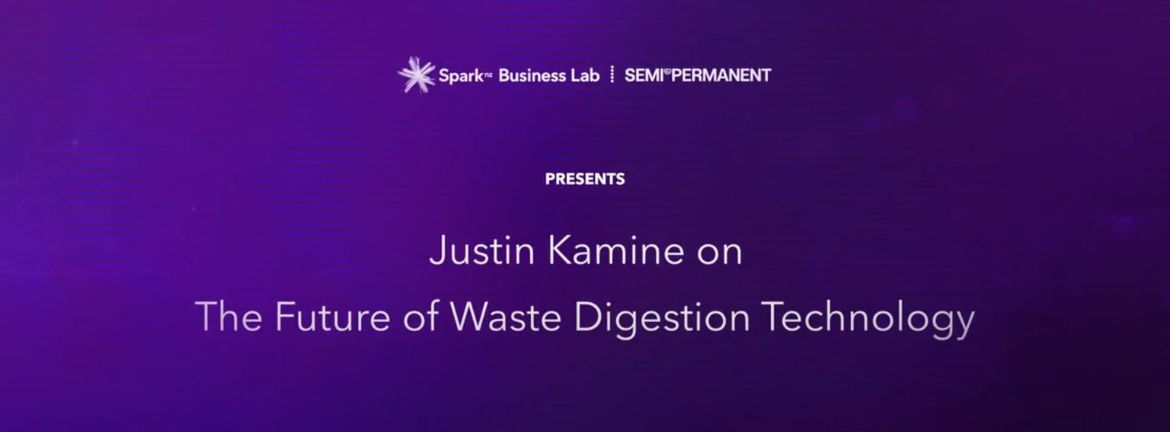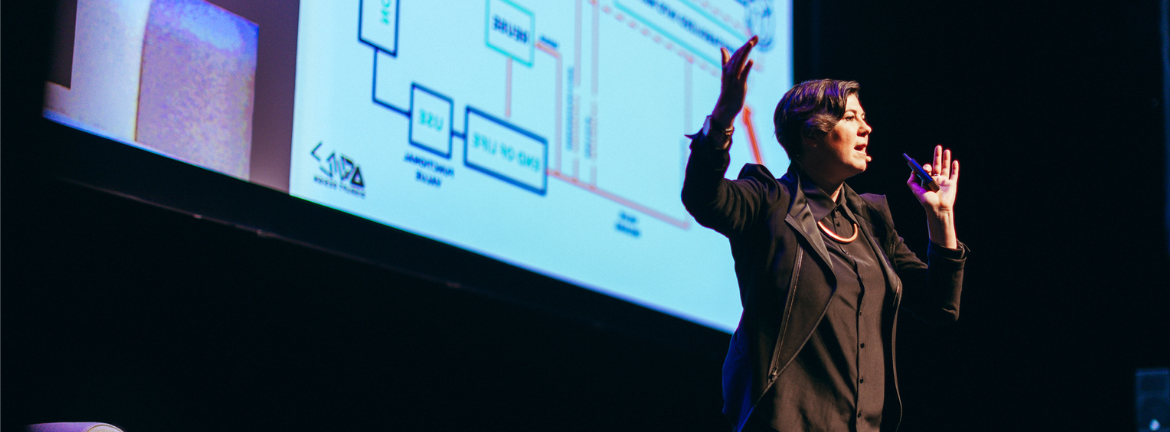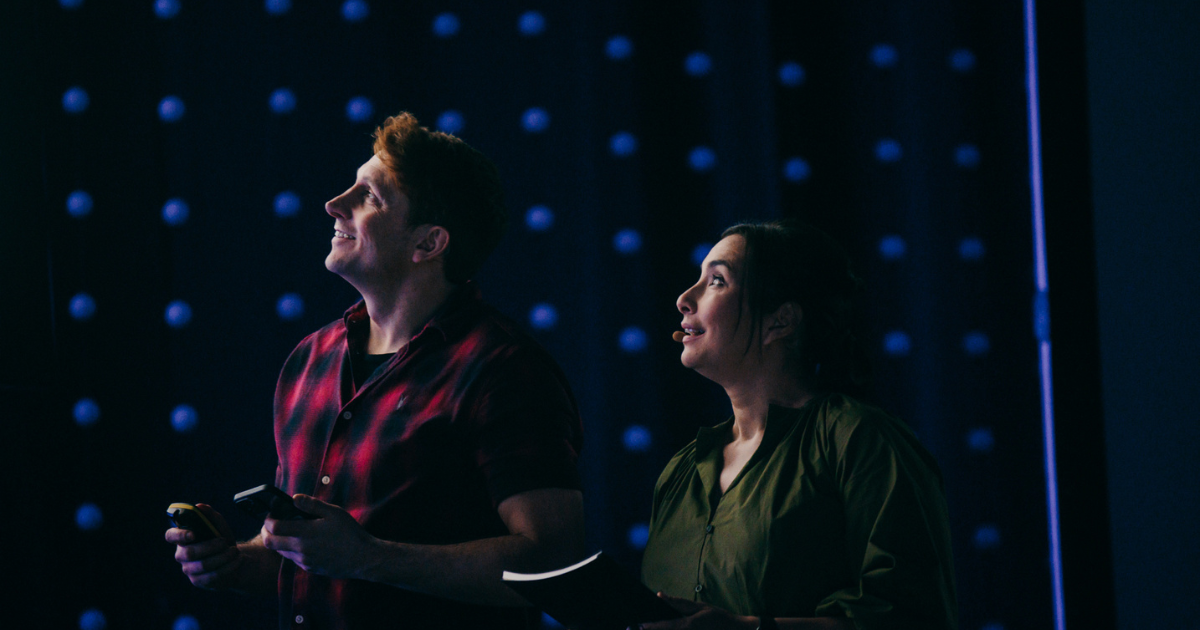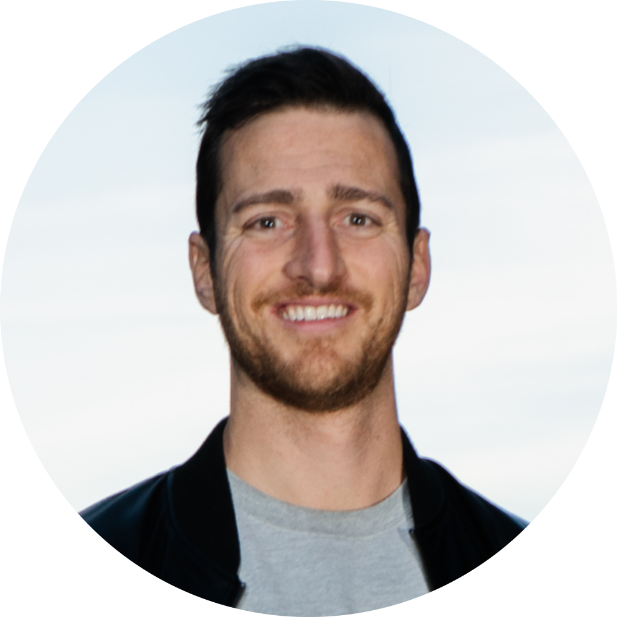
Justin Kamine
KDC Earth
A word from Leela Ashford, Corporate Relations & Sustainability Director at Spark
Money, followed by sustainability
As the manager of KDC, Justin Kamine has had a lot of experience dealing with waste, or as he refers to it, “surplus”.
Do Good Foods, a subsidiary of KDC, is scaling up an innovative process that upcycles unwanted fresh food collected by supermarkets.
After sharing surplus grocery food with local food pantries, what’s left over is sent to the Do Good facilities where it is repurposed into animal feed. This process helps to reduce the amount of food that ends up in landfills
According to Justin, businesses consider waste or by-products as a loss. Companies, like Do Good Foods, get them for free and upcycle the material to create sustainable businesses.
For small or medium New Zealand businesses, Justin suggests looking at your waste streams no differently. “How do you upcycle that into either your current business or a neighbour’s business that might be able to utilise that input for something?” asks Justin.
“I think that's a huge economically viable solution that makes your business more money, which at the end of the day is what a majority, if not everyone's, focused on - followed by sustainability.”
What New Zealand businesses can leverage
“There has never been a greater time in our history that people and industries are willing and wanting to change, so long as the solutions brought to them are economically viable and scalable,” says Justin.
Justin has been able to gather key insights into how the role of technology can drive significant change in the way businesses operate, specifically in the sustainability space.
He notes that many businesses may already have the necessary technology in their operational systems, minimising the need for substantial changes to their infrastructure.
We spoke with Justin to gather his top tips for how New Zealand businesses, policymakers and the government can leverage his learnings.
Make your waste purposeful
Back in the day, people used to feed their leftovers to animals. This is the same model used by Do Good Foods and likely many farmers. Businesses should be looking at how they can make their waste purposeful which in turn creates sustainable closed-loop systems.
Create products, services and systems that are part of the solution
Consumers want to be part of the solution; they just don’t want to drastically change their habits or pay a lot more. Creators should be thinking about how their product, service or system is part of that solution and communicating those benefits.
Use technology to drive change
We need to be creating products that are a net positive for the world, not net negative. Justin says to look for and use technology that can help optimise sustainable ways of operation and create solutions that drive different behaviours.
The power of tech
With Do Good Foods, Justin saw a powerful opportunity to use technology, specifically AI, to create a sustainable food system.
Do Good Foods first used technology to understand how much grocery food each supermarket was throwing away. They then compared that with how many pounds of food would typically go into landfills.
AI and two million lines of code were then used to automate the entire operation to convert the food into a dried feed ingredient.
The result was Do Good Chicken, a product that not only made the business economically viable but validated consumer adoption.
Do Good Chicken takes the feed produced and feeds it to chickens. This not only fights food waste but combats climate change while creating a sustainable food system.
“So we pick up the surplus of grocery food for free and we hand the retailer back a standard retail product called Do Good Chicken, and they make their retail margin on it”.
Justin acknowledges that Do Good Foods’ use of AI has continuously improved over time. It hasn’t only helped with streamlining their production processes but also helped shrink their carbon footprint daily.
Utilising AI and understanding its potential to streamline processes can be helpful for New Zealand businesses, especially those on their sustainability journey.
“Logistics is one of the biggest and most difficult dynamics around the waste industry. And the more that you can understand that and see that and optimise, I think the better and greater the entire industry and hopefully the sustainability initiatives really get,” Justin says.
The next step for sustainable food systems
Justin recently spent time at Google Quantum AI and noted they are revolutionising the speed at which they can create solutions for problems.
Quantum AI is the combination of quantum computing with artificial intelligence (AI). The result is a powerful tool that can revolutionise the way problems are solved and new possibilities are discovered.
Justin thinks the next iteration of sustainable food systems will use Quantum AI to unlock opportunities in energy efficiency.
“It's not just about the sustainability message about how this product was raised or created, but understanding all of the inputs and then all the supply chain to get to the manufacturer, to get to the grower and the final user so that we can actually truly as a society understand who's doing the most sustainable practices and what products that we as a consumer want to end up eating .”
The seaweed opportunity
Loliware is a seaweed-based bioplastic company that uses a circular system to grow and harvest seaweed, turn it into pellets, produce products from the pellets and then put the used products back into the ground.
Most notably, Loliware uses these pellets in existing moulding equipment to produce straws that look and feel like plastic but are 100% seaweed. As a board member, Justin says technology, specifically AI, has been used to develop this product.
However, he also sees an opportunity for New Zealand’s current climate to “overlay technology and AI to figure out ways to optimise the seaweed supply chain".Justin thinks the seaweed economy has huge potential to bring in a tremendous amount of business for New Zealand.
“A seaweed economy can be created that continues to grow and expand because the world's desiring it,” he says.
Globally, seaweed is increasingly sought after, to the point where supply is starting to outstrip demand.
In 2021, the Ministry for Primary Industries launched a commercial regenerative seaweed farming pilot in the Hauraki Gulf and Bay of Plenty intending to establish a commercial seaweed farming sector.
Using a regenerative ocean farming model, the pilot programme helps seaweed farmers throughout New Zealand set up their own seaweed farms. From an economic perspective, the pilot is expected to deliver economic growth and jobs for the regions.
It was forecasted that by 2035, the value of New Zealand’s aquaculture industry would grow to $3 billion.
Justin says the next iteration of seaweed is the recognition that it is a carbon sink. “Seaweed doesn't require inputs, it doesn't require pesticides, herbicides or other fertilisers or other energy inputs to grow. It literally is just put into the ocean, sequesters CO2, and through photosynthesis grows a couple meters every couple of days.”
As Aotearoa transitions to a carbon-zero future, imagine the potential future for a country, surrounded by 15,000km of coastline, to become a carbon sink, with seaweed farmers to sequester C02.
More articles to spark your interest
Moving towards a post-disposable world
Dr. Leyla Acaroglu explains how businesses can leverage technology to reduce their reliance on disposable products.
Read moreWhat's next?
Hear from Future State speakers Jonnie Penn, Mark Adams and Constantine Gavrykov as they discuss what comes next with the future of technology in regards to AI, brand and business.
Read more
